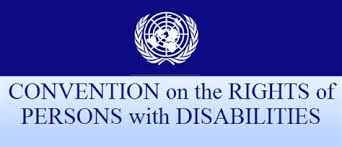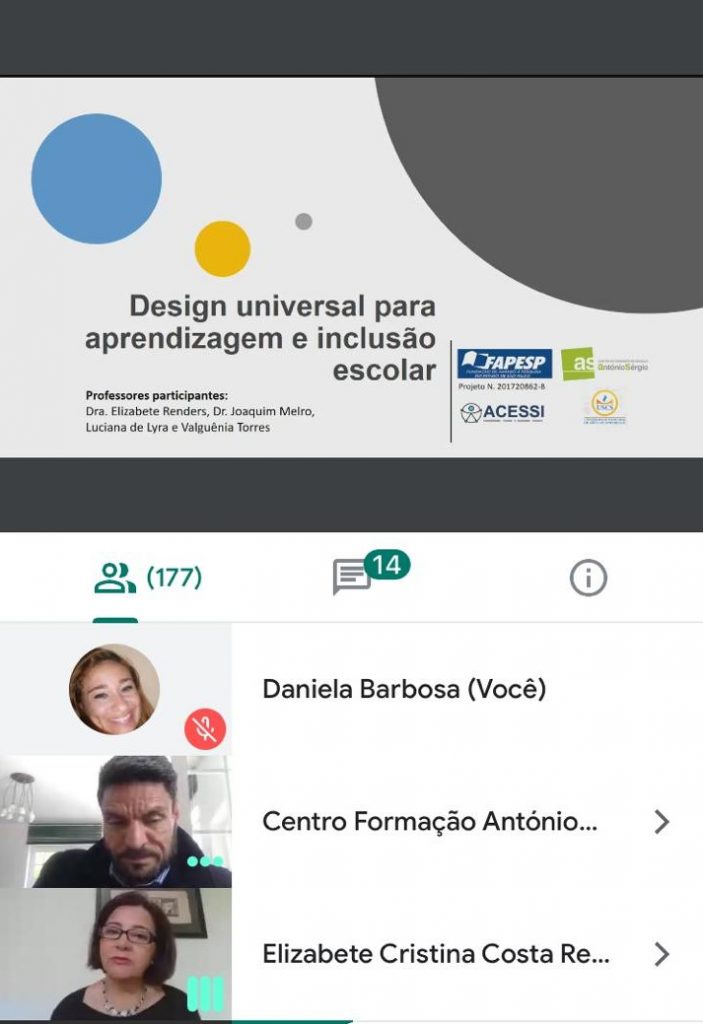When legislation is enacted, educational and work based systems are legally bound to operate within requisite directives. In this section, legislation from a diversity of jurisdictions is showcased and discussed. This encourages learning regarding current international initiatives addressing inclusive legislation and policy.

United Nations Convention on the Rights
of Persons with Disabilities (CRPD)
According to the United Nations website, there are 163 signatories to The Convention on the Rights of Persons with Disabilities (CRPD) and its Optional Protocol (OP). These were adopted on 13 December 2006, as the first comprehensive human rights treaty of the 21st
century. It entered into force on 3 May 2008. Article 24 within the Convention is concerned with Education and it shares that: ‘States Parties shall ensure an inclusive education system at all levels and lifelong learning.’ The Convention also commits participant signatories to ‘ensure that persons with disabilities are able to access general tertiary education, vocational training, adult education and lifelong learning without discrimination and on an equal basis with others. To this end, States Parties shall ensure that reasonable accommodation is provided to persons with disabilities.’ This Convention acts as a foundation stone for subsequent legislation addressing inclusive education in many jurisdictions.

US Higher Education Opportunity Act of 2008 – Enshrining the role of UDL in Higher Education
The US Higher Education Opportunity Act of 2008 is a significant milestone in UDL legislative recognition. The Act specifically mentions the role of Universal Design for Learning 11 times. In doing so, the Act acknowledges the role of UDL as it:
(24)(A): provides flexibility in the ways information is presented, in the ways students respond or demonstrate knowledge and skills, and in the ways students are engaged AND
(24)(B): reduces barriers in instruction, provides appropriate accommodations, supports, and challenges, and maintains high achievement expectations for all students, including students with disabilities and students who are limited English proficient
Passages of the Act pertaining to teacher education programs in particular are guided by the UDL principles and framework but there are wider implications for all disciplines regarding how this Act may be realized in practice.
A PDF copy of the Act is accessible from the following link: https://www.govinfo.gov/content/pkg/PLAW-110publ315/pdf/PLAW-110publ315.pdf

Portugal’s Decree-Law 24-2018 provides guidance for all primary and secondary teachers regarding inclusion
Whilst decree-law 24-2018 as enacted in Portugal, specifically addresses the learning requirements of those attending early years, primary and secondary education, the law has significant implications for Higher, Further and Work-Based learning too. According to a the supporting PDF document downloadable with the following URL link:
https://www.dge.mec.pt/sites/default/files/EEspecial/dl_54_2018_en_version_0.pdf
The methodological options underlying this decree-law are based on universal design for learning and a multilevel approach to access the curriculum.
As with the UDL Framework, the Decree Law is premised on the adoption of a flexible approach to teaching, learning and assessment. It also suggests that teachers and learners should systematically monitor the effectiveness of their instruction and executive learning strategies. Learning is premised on sustained and informative dialogue between learners and other key stakeholders.
The image to the left includes one of INCLUDE’s Steering Committee members, Professora Elizabete Costa Renders, from USCS in Brazil, who advises teachers in Portugal about how to incorporate a Design Universal para Aprendizagem DUA / UDL approach.
- https://www.wrightslaw.com/info/lre.faqs.inclusion.htm “Inclusion: Answers to Frequently Asked Questions from the NEA” (USA) From WrightsLaw Special Education Advocacy Newsletter